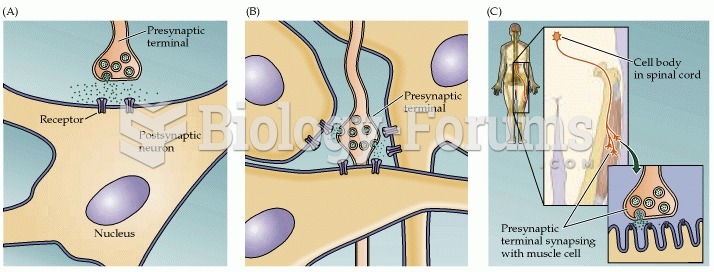Answer to Question 1
Reasonable standards
Answer to Question 2
Informal consent decree: In minor or first offenses, an informal hearing is held, and the judge will ask the youth and his or her guardian to agree to a treatment program, such as counseling. No formal trial or disposition hearing is held.
Probation: A youth is placed under the control of the county probation department and is required to obey a set of probation rules and participate in a treatment program.
Home detention: A child is restricted to his or her home in lieu of a secure placement. Rules include regular school attendance, curfew observance, avoidance of alcohol and drugs, and notification of parents and the youth worker of the child's whereabouts.
Court-ordered school attendance: If truancy was the problem that brought the youth to court, a judge may order mandatory school attendance. Some courts have established court-operated day schools and court-based tutorial programs staffed by community volunteers.
Financial restitution: A judge can order the juvenile offender to make financial restitution to the victim. In most jurisdictions, restitution is part of probation, but in a few states, such as Maryland, restitution can be a sole order.
Fines: Some states allow fines to be levied against juveniles age 16 and over.
Community service: Courts in many jurisdictions require juveniles to spend time in the community working off their debt to society. Community service orders are usually reserved for victimless crimes, such as possession of drugs, or crimes against public order, such as vandalism of school property. Community service orders are usually carried out in schools, hospitals, or nursing homes.
Outpatient psychotherapy: Youths who are diagnosed with psychological disorders may be required to undergo therapy at a local mental health clinic.
Drug and alcohol treatment: Youths with drug- or alcohol-related problems may be allowed to remain in the community if they agree to undergo drug or alcohol therapy.
Commitment to secure treatment: In the most serious cases, a judge may order an offender admitted to a long-term treatment center, such as a training school, camp, ranch, or group home. These may be either state or privately run institutions, usually located in remote regions. Training schools provide educational, vocational, and rehabilitation programs in a secure environment.
Commitment to a residential community program: Youths who commit crimes of a less serious nature but who still need to be removed from their homes can be placed in community-based group homes or halfway houses. They attend school or work during the day and live in a controlled, therapeutic environment at night.
Foster home placement: Foster homes are generally used for dependent or neglected children and status offenders. Judges place delinquents with insurmountable problems at home in state-licensed foster care homes.
Student responses will vary.







